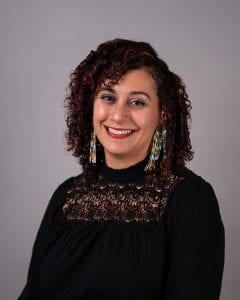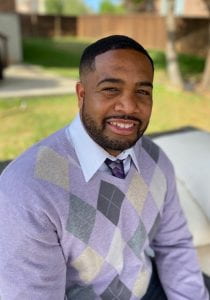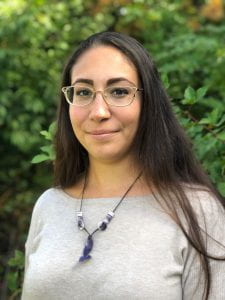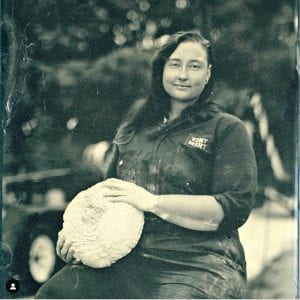Dr. Mack Scott
Dr. Mack Scott is a lifelong educator who has worked with learners in various capacities and in multiple states including Rhode Island, Connecticut, Virginia, Kansas, Hawaii, and Texas. His experience as a former coach has taught him that it is the building of interpersonal relationships that leads to the greatest gains on and off the field. Mack grew up in Rhode Island and is a member of the Narragansett Nation whose ancestral homelands comprised most of the current state. He earned a B.S. in Education from the University of Rhode Island, a M.A. in History from Virginia Commonwealth University, and a PhD in History from Kansas State University. As a scholar, his work focuses on the intersections of race and identity and employs agency as a lens through which to view and understand the voices, stories, and perspectives of traditionally marginalized peoples. He enjoys trying to entertain his three children and his favorite place is the beach, however, he is partial to the ones in Hawaii and Rhode Island.

Nada Samih-Rotondo
Nada Samih-Rotondo is a Palestinian American writer, educator and mother. A graduate of Rhode Island College and University of Rhode Island, she earned degrees in English, ESL and Education. Nada worked 14 years in Providence and Central Falls public and charter high schools as a classroom teacher. She earned her MFA in creative writing from Lesley University.
Inspired by the relationship between personhood and place, her writings have appeared in Gulf, Stream Literary Magazine, and Masters Review. She lives in Providence with her husband and three kids.
Leah Hopkins
Leah Hopkins, mother, educator, cultural worker, subsistence practitioner, and museum professional, is an enrolled member of the Narragansett Indian Tribe of Rhode Island. Leah works to develop and implement programs, curricula, and digital content for Indigenous and non-Indigenous audiences about Native history, culture, values, lifeways, and practices. She also works to ensure the cultural continuity of the area’s Indigenous peoples through programs, workshops and advocacy. She is a professional speaker, consultant, traditional dancer, and singer grounded in Narragansett land and sea-based practices. Leah works collaboratively with Indigenous and Tribal communities, museums, and other institutions to ensure best practices in programming and education initiatives that promote visibility and ensure the perspectives of Indigenous populations in New England.
Leah holds a BA in Anthropology from the University of Rhode Island and has a background in museum and tribal education that spans over 10 years, working at both the Mashantucket Pequot Museum and Research Center, the Wampanoag Tribe of Gay Head (Aquinnah), and with other regional institutions, organizations and tribal communities. Leah is currently the Manager of Museum Education and Programs t at the Haffenreffer Museum of Anthropology at Brown University. In her personal time, Leah enjoys playing with her son and taking him out on the land and the water to teach him about the traditional subsistence lifestyle and ensure that the next generation maintains cultural continuity.
Haley Johnson
Haley Johnson (They, Them) is a Mashpee Wampanoag citizen invested in youth action, the arts, and education. Graduating with a ceramics degree from Rhode Island College in 2021, Johnson now coordinates classes and programs at The Steel Yard, an industrial arts nonprofit, intending to continue making the studios more equitable for students and residents to learn and create. They are the 2022 Work Share Fellow and have been awarded the 2023 Merit fellowship in the ceramics department to continue their studio practices. Johnson is also an Indigenous Empowerment Intern at the Tomaquag Museum, teaching Indigenous history and cultural lifeways during the museum’s open days. Additionally, They sit on the board of directors for Rhode Island’s first and only transition age (18-24) youth homeless shelter. Johnson has been providing support and case management for the youth housed in the six-bed facility since 2021. In their free time, Johnson likes identifying plants on long hikes, camping, and cooking new foods!


